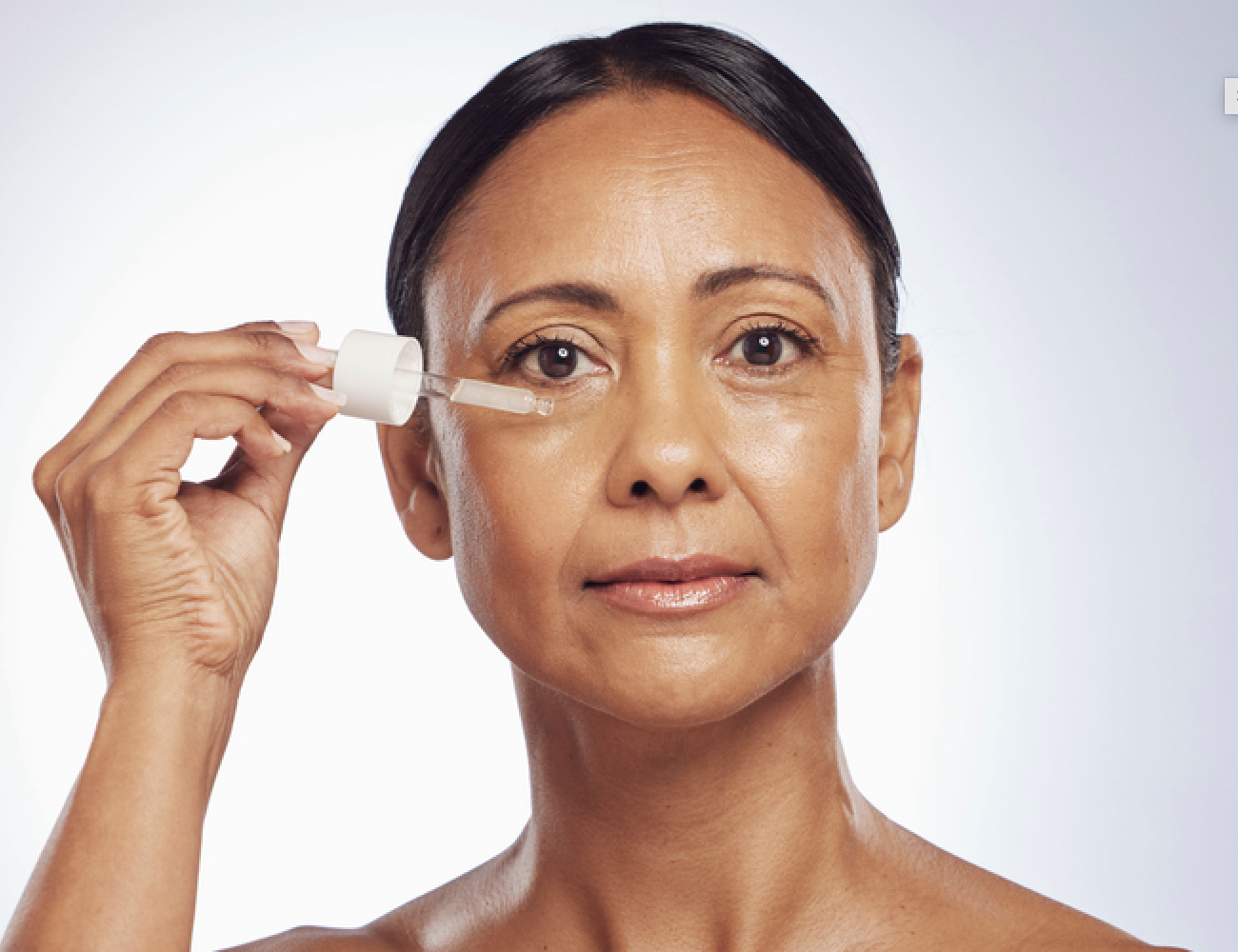Essential Elements: Which Skin Care Ingredients Have Science Behind Them?
July 23, 2025

You’ve likely seen ads or online videos promoting the “latest” skin care advances and ingredients: those new components that miraculously smooth out your lines and wrinkles, plump your sunken parts, and erase the well-lived years that appear on your face. But is there science behind these claims of new skin care advances, or is it just hype? In some cases, the marketing is way ahead of the research results, and in other cases, there is true validity to the claims being made. Let’s take a look at each, so you can sort the “stories” from the science.
First, consider some of the buzzy new ingredients you may see promoted in new products. For example, what are “peptides,” and will they bring about the promised results of better, plumper, younger-looking skin? While there is the potential for these amino acids to help improve collagen production or heal sun damage, the scientific jury is still out, and there is not a lot of scientific research to demonstrate their value in skin care products. One recent skeptical article about peptides suggests you look at the product’s website to see if the company actually has any data from clinical trials to back up their claims. So before you break your budget, take a look at the skepticism here.
Similarly, enthusiastic skin care claims have been made about exosomes, which can be derived from human cells (among other sources) and which can potentially play a role in wound care, aesthetic treatments, and even hair restoration. Human trials are underway at places like the Mayo Clinic to determine the value of exosomes in all sorts of cosmetic and regenerative procedures. However, whether exosomes are currently effective as part of available skin care products is another thing. While the future potential is there for significant effect, the reality is that current over-the-counter products touting their exosomes are likely to be of little benefit and unclear risk, depending on where these exosomes have been harvested. Some aesthetic treatment centers are beginning to use exosomes as part of the healing process after a procedure, but the recommendation is to hold off buying products with this ingredient from the cosmetic counter, no matter what the claim. For more on this topic, walk out of your drugstore and click here.
What about Vitamin C? There are Vitamin C serums on the market that have proven value in the skin care arena. It is a powerful antioxidant with some legitimate benefits. But there is also new research that highlights additional impressive benefits from Vitamin C use for skin rejuvenation that, while not yet available on the market, may be a valuable new weapon against skin thinning and restoring the thickness of the outer layer of skin. This new research is so promising that scientific articles are suggesting that, when used as a patch or injectable, it is possible that a vitamin C treatment resulting from this research may eventually turn back the clock on your aging skin. To read more about this work, look here.
There is a strong scientific consensus right now about what current ingredients will give you the best results for your skin care concerns. According to a new study published in the Journal of the American Academy of Dermatology, the overwhelming majority of dermatologic experts surveyed (95%) consider retinoids (derived from Vitamin A) the top skin care ingredient to address issues of skin aging, acne, and dark spots caused by sun damage. Number 2 skin care product is sunscreen. The survey found that top dermatologists recommend 23 products out of the 318 possible skin care ingredients that they were presented with. Vitamin C also made the list. To find out what else is on this top list of skin care ingredients, clear your bathroom counter and click here.
As you may remember from previous posts, retinoids can come in prescription strength or over-the-counter. Both are considered effective in minimizing fine lines and wrinkles and increasing collagen production, among other qualities. For some of the best over-the-counter retinoid products, look here, and if, for some reason, you want a product that attempts to replicate the results of retinoids without actually containing them, take a look here.







